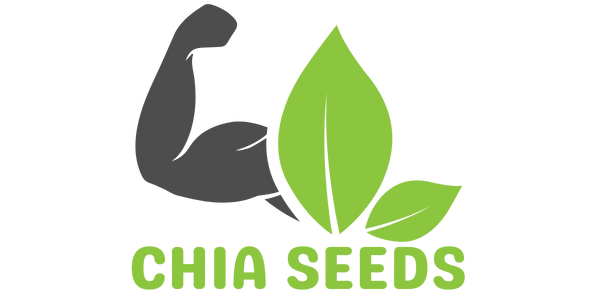Understanding gut health has become increasingly prevalent in recent years, with terms like ‘gut microbiome’ and the ‘gut-brain axis’ transitioning from scientific jargon to everyday conversation. Lorraine Demetriou, a nutritional therapist, notes that social media and wellness influencers have played a significant role in bringing this topic to the forefront of public consciousness. While this heightened awareness is positive, it has also given rise to several questionable gut health trends promoted as the ultimate solution for a healthy gut.
To shed light on these trends, Demetriou delves into five popular gut health practices that have inundated social media feeds. One such trend involves the consumption of whole cucumbers daily, which saw a surge in demand following online videos. While cucumbers offer some digestive benefits due to their fiber content and anti-inflammatory properties, consuming a whole cucumber each day is not a scientifically proven method for improving gut health. Demetriou emphasizes the importance of incorporating cucumbers into a balanced diet to support overall gut health.
Another viral trend, chia seed water, has gained traction on platforms like TikTok. Chia seeds are rich in omega-3 fatty acids and soluble fiber, which can aid digestion and blood sugar stabilization. However, while chia seeds are beneficial as part of a varied diet, relying solely on chia water for gut health benefits may be an overstatement. Demetriou recommends incorporating chia seeds into meals in more enjoyable ways, such as mixing them with yogurt or oats.
Olive oil shots on an empty stomach have also become popular, with claims of lubricating the gut and improving digestion. While olive oil offers health benefits and may support gut health, there is limited evidence to suggest that consuming it as a daily shot on an empty stomach provides significant advantages. Demetriou advises caution, especially for individuals with difficulties digesting fats.
Drinking okra water, a trend involving soaking okra in water overnight to create a slimy liquid, has been touted for its gut health benefits. Okra contains mucilage, a soluble fiber that can soothe the digestive tract, but the notion that okra water can detoxify the gut is exaggerated. While incorporating okra into the diet can be beneficial, consuming it in water form may not offer superior advantages over eating the whole vegetable as part of a balanced diet.
One particularly intriguing trend involves eating kiwis with the skin on, a practice that some claim enhances fiber and antioxidant intake. While the skin of kiwis does contain valuable nutrients, including fiber and antioxidants, Demetriou stresses the importance of washing kiwis thoroughly to remove pesticide residue. She emphasizes that gut health is not reliant on a single food but is influenced by various factors such as diet, stress, sleep, and physical activity.
Demetriou cautions against placing undue emphasis on individual food trends, highlighting the broader context of overall health and well-being. While these trends may offer some benefits, they should be viewed as part of a holistic approach to gut health that considers multiple lifestyle factors. Ultimately, achieving a healthy gut involves a comprehensive approach that goes beyond singular food fads.
📰 Related Articles
- Spanish Consumers Embrace Holistic Health Trends, Prioritizing Well-Being and Sustainability
- National Council’s Expert Consulting Transforms Behavioral Health Landscape
- Lingerie Shopping in 2025: Trends, Brands, and Expert Tips for a Perfect Fit
- Exploring Latest Health Developments in Angiography Machines Market Trends
- World Thyroid Day: Understanding Thyroid Disorders for Better Health






